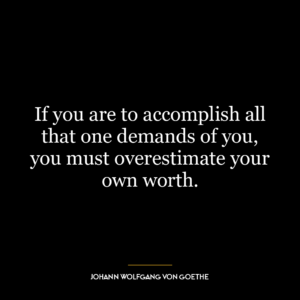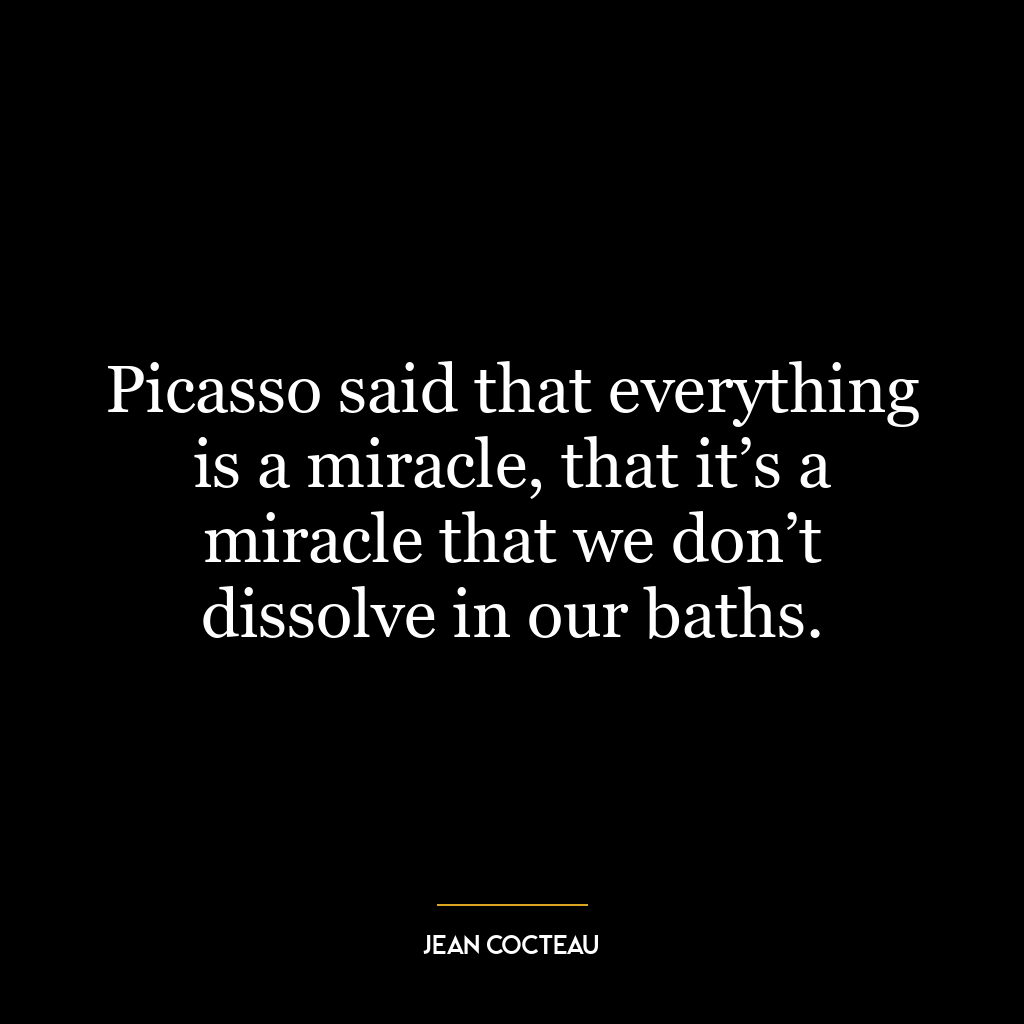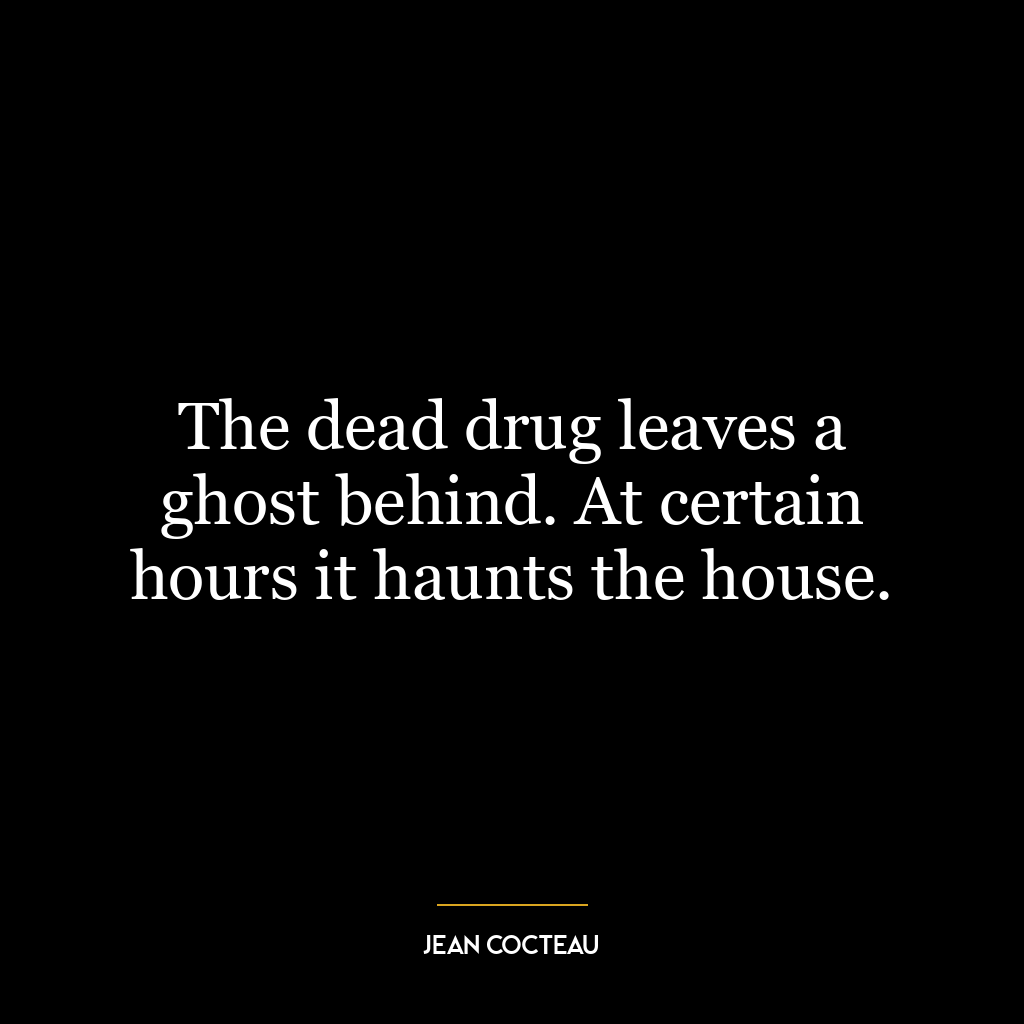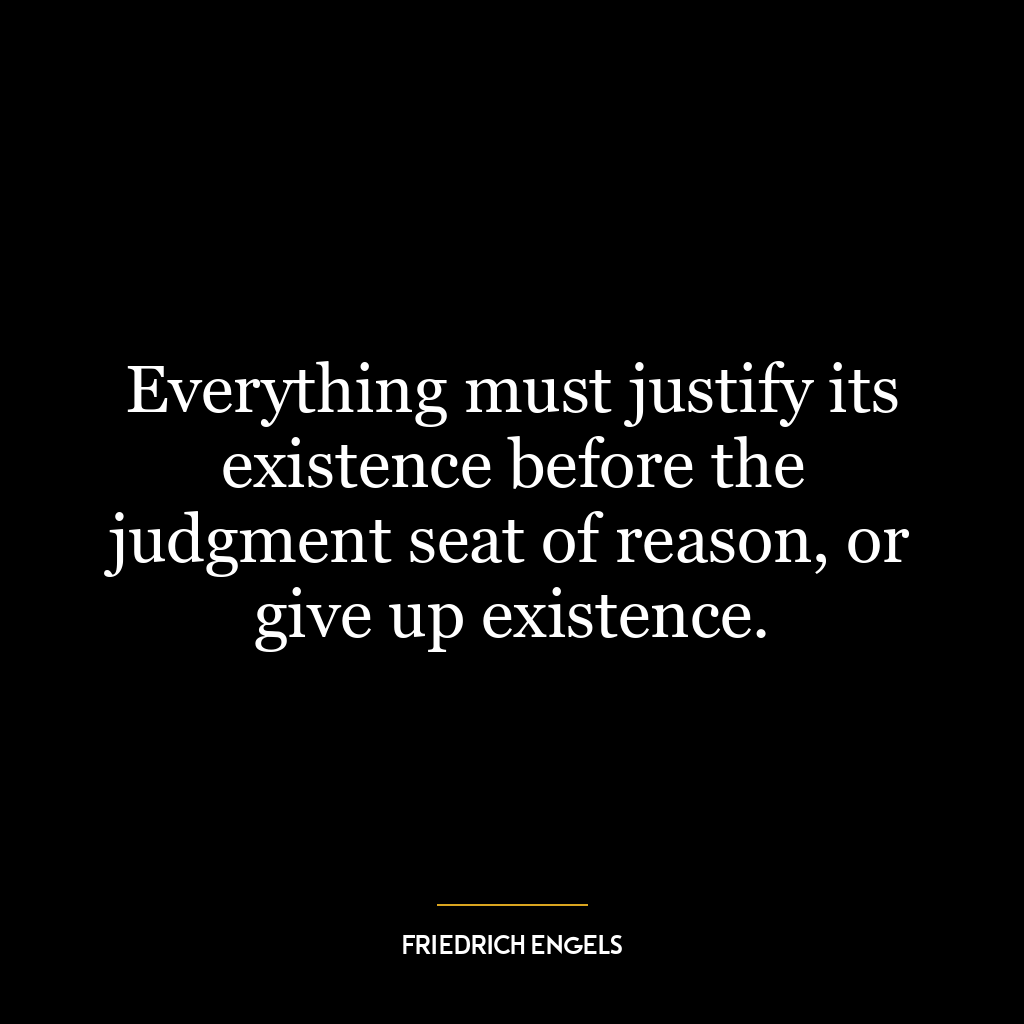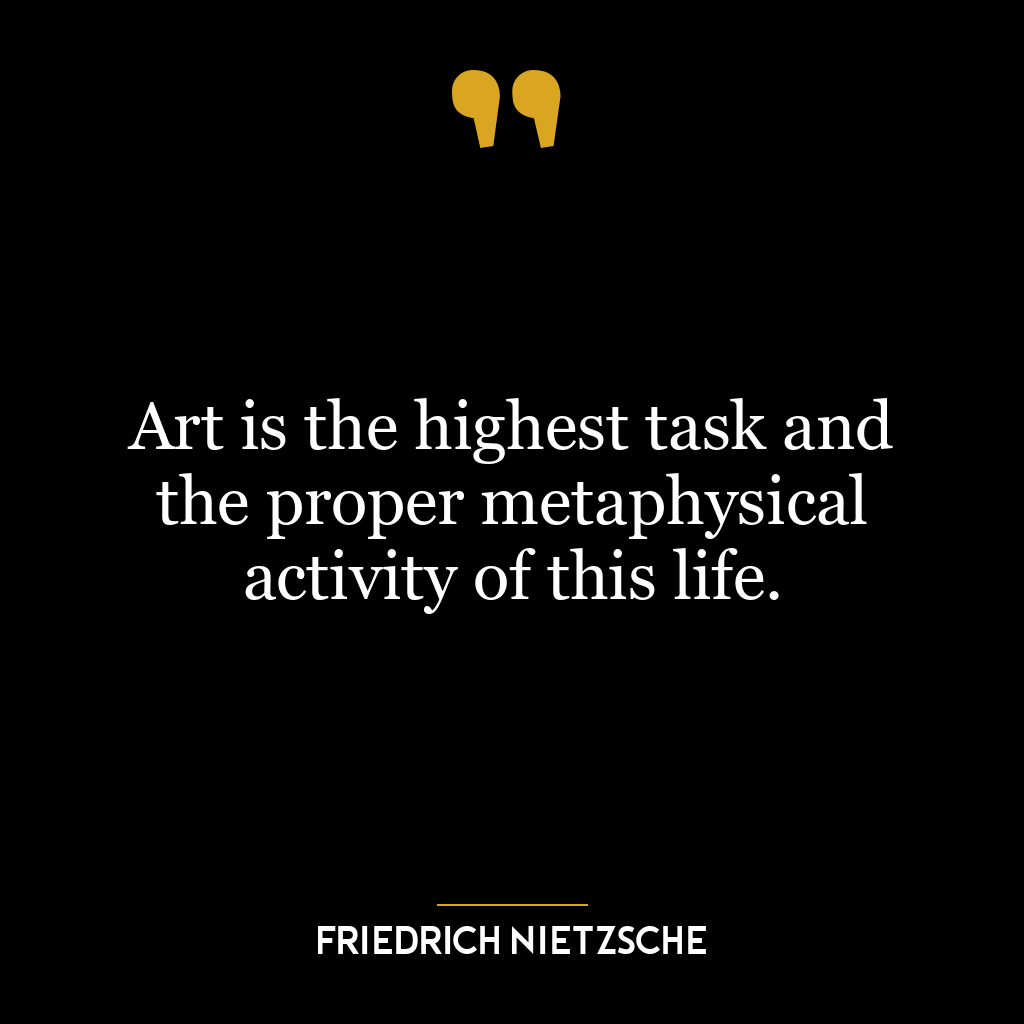The quote, “We all of us live upon the past, and through the past we are destroyed,” suggests that our lives are shaped and influenced by our past experiences. We rely on our past as a foundation for our present actions and decisions. However, the quote also implies that this reliance on the past can be detrimental, leading to our metaphorical destruction.
The first part of the quote, “We all of us live upon the past,” indicates that the past is an integral part of our existence. Our past experiences, memories, and lessons learned serve as a platform on which we build our present and future. They shape our perspectives, beliefs, and actions. We draw upon our past to make sense of our present and to navigate our future.
The second part of the quote, “and through the past we are destroyed,” introduces a paradox. While the past is essential, it can also be harmful. If we become too attached to our past, it can hinder our growth and development. For instance, past failures can foster a fear of trying new things, past heartbreaks can make us wary of opening up to new relationships, and past disappointments can lower our self-esteem and aspirations.
Applying this idea to today’s world, we can see how societies are often shaped by their history. The past influences the culture, politics, and social structures of a society. However, clinging too tightly to tradition can prevent societal progress and adaptation. For example, societies that refuse to let go of discriminatory practices from the past can hinder social equality and justice.
In terms of personal development, this quote reminds us to learn from our past but not be defined by it. We should use our past experiences as a guide, not a blueprint. We should remember our past mistakes and successes, but we should not let them limit our potential or dictate our future. We need to strike a balance between respecting our past and embracing change and growth. It’s about learning to let go of the past that destroys us and holding on to the past that builds us.





